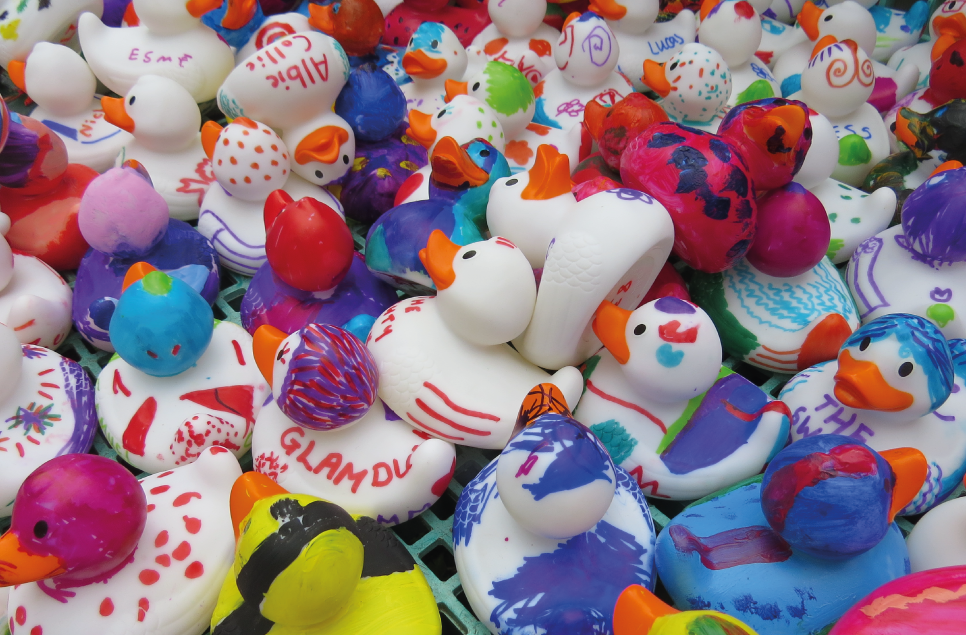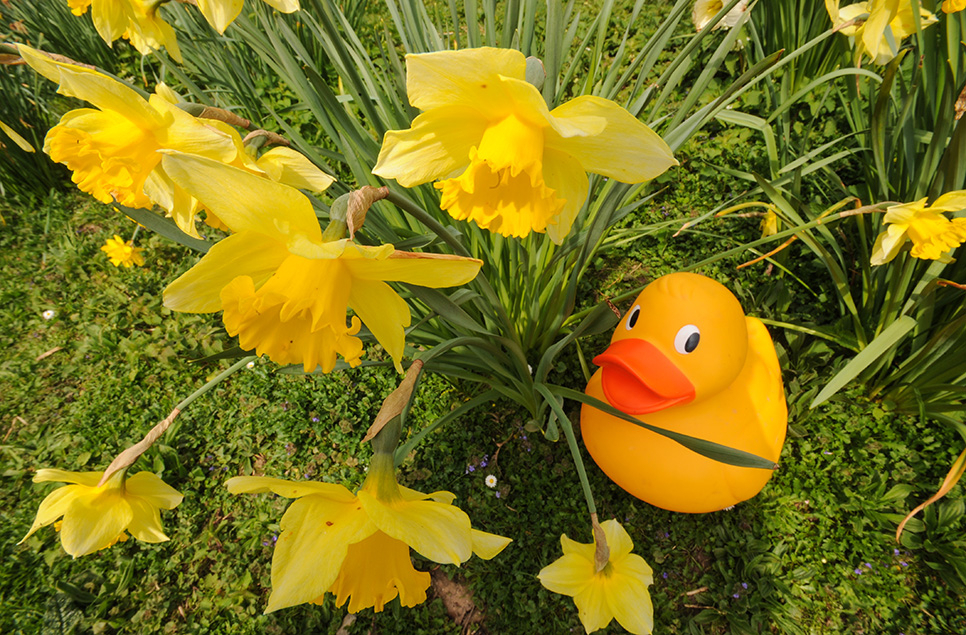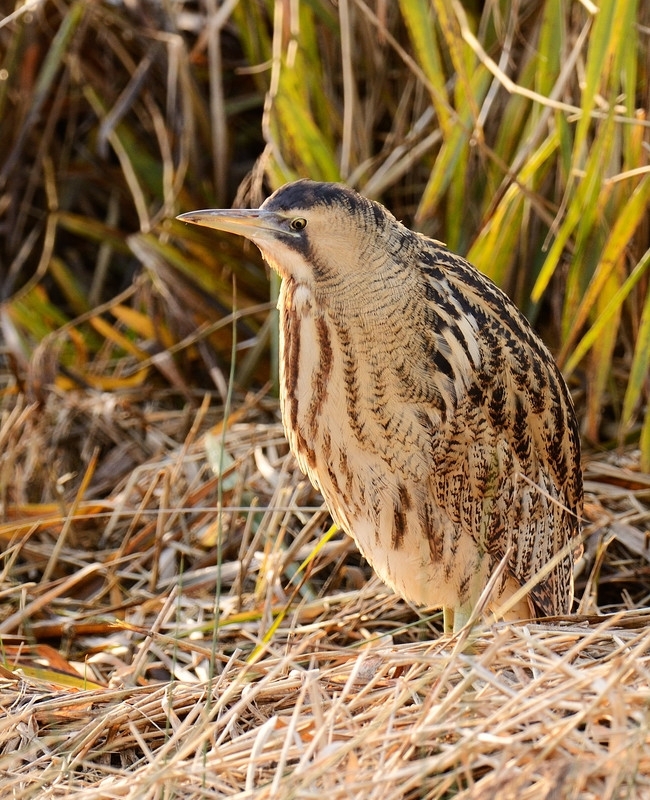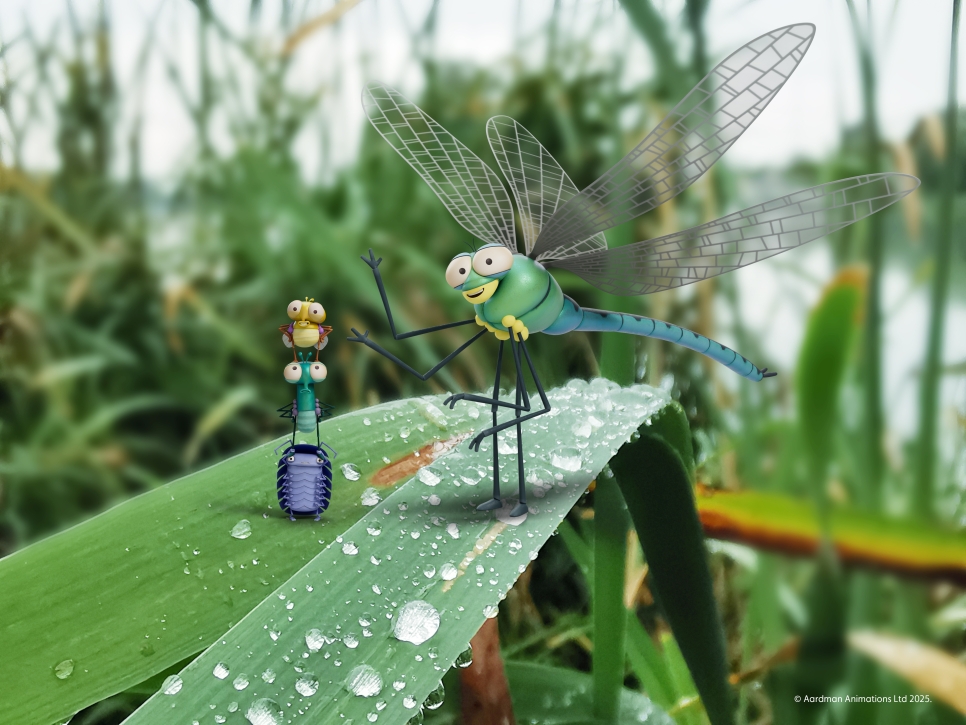Why is bird ringing so important?
The world has seen staggering declines in bird populations, with approximately 48% of existing bird species worldwide known or suspected to be undergoing population declines, according to The State of the World’s Birds report led by Manchester Metropolitan University.
But why have we seen such a decline? Reasons such as loss of natural habitats and climate change are said to be some of the main reasons we are seeing a decline of birds, including beloved UK birds such as the song thrush, house sparrow, and lapwing.
Ringing birds is a great tool for understanding population changes vital for bird conservation. Licenced ringers place a lightweight, uniquely numbered ring around a bird’s leg, providing a reliable and harmless method to identify birds as individuals. This allows us to track key information such as survival, productivity and movements of birds - which can provide better insight into the causes of population changes.
At Martin Mere, our reserve is home to over 100 different species of birds. This includes migratory birds such as ducks, geese, waders and swans, which join us for the winter. With bird ringing, we can see exactly where these birds come from and which families return to us each year. We can also look at how many chicks make it to fledging or how many adults survive the stresses of breeding, migration and severe weather.
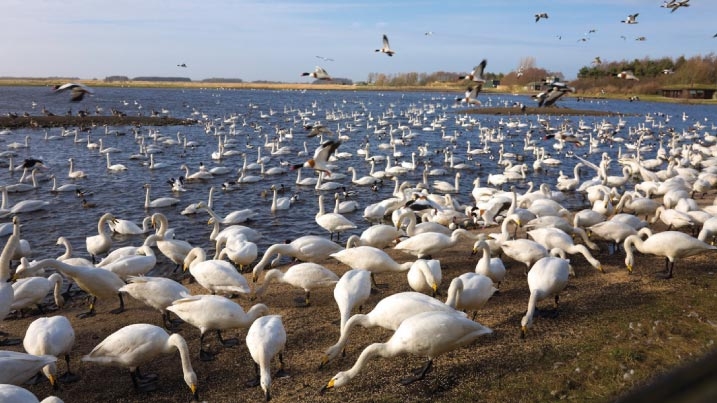
From the ringing data, we have found out some amazing things. Our black-headed gulls have been seen in lots of countries. We ring the lapwing chicks at Martin Mere and then use this to see how many fledge and then return to the site to breed. We have found that our lapwings are very site faithful. We also have whooper swans in the winter that are at least 26 years old!
As part of our Junior Wetland Rangers event, we are hosting bird ringing sessions for children. Join us each day from 11am until 3pm to learn more about the importance and process of ringing birds. We also have other exciting activities such as our Flamingo Health Check, Pond Dipping, and a Wetland Bird Survey (WeBS), where you can visit our Discover Hide and record the birds you see!
